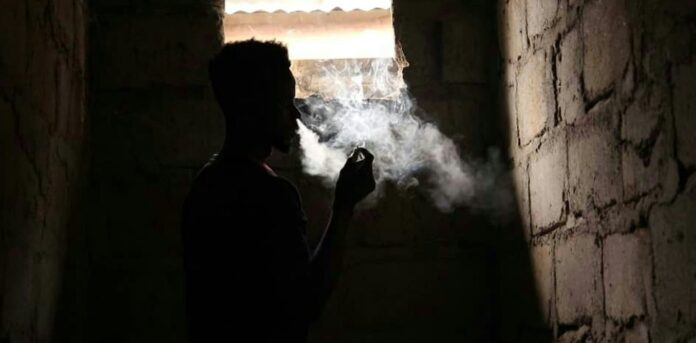Gangs and gang members arguably constitute fundamental lenses through which to think about and consider the world we live in. They need to be understood in a balanced and nuanced manner, however, that goes beyond stereotyping and vilification. For the past five years, the GANGS projecthas European Research Council-funded project led by Dennis Rodgershas been studying global gang dynamics.
Among the project’s various activities, researchers collected 31 gang member life histories from 23 countries around the world, to help us better understand the motivations, drivers, and events that can shape gang members’ choices and trajectories. Taken together, the stories offer a panorama of triumph and defeat, of ruin and redemption, of discrimination and emancipation, and highlight the frequent persistence of human beings, even in the most difficult of circumstances. The 31 stories will be published in different forms – including as an Open Access edited volume with Bloomsbury Press, and in two journal special issues – over the coming years. In the meantime, this special series for The Conversation offers a preliminary selection, each illustrating a key issue that has emerged from GANGS project research.
Kieran Mitton tells us about the life of Gaz, a former Sierra Leonean gang member who became a poet and then a farmer. His remarkable trajectory is a testament to the way that gangster lives are by no means deterministic and that opportunities to leave the gang and change can present themselves in all sorts of ways at different moments in time.
Ellen Van Damme offers us a portrait of Jennifer, the first female Honduran gang leader. Her story illustrates the frequently gendered nature of gangs, and the way that machismo and patriarchy constrain Jennifer’s life, even as a gang leader, highlighting the frequently fundamentally masculine essence of street gangs.
Sally Atkinson-Sheppard worked closely with Sharif, who 10 years ago was her research assistant, to write the story of his journey from gang member in war-torn Bangladesh to human rights worker and advocate for street children’s rights today. His story is one of overcoming exceptional adversity and drawing on his past experiences to do good in the world today.
Steffen Jensen recounts the story of Marwan, whose life is in many ways a reflection of contemporary South African history, as he has had to navigate the violence of apartheid, prison, the Cape Flat drug wars, and more. Central to his narrative are the binary notions of damnation and redemption, with gangs frequently the sources of both at different points in his life, highlighting the different ways in which they can influence life trajectories.
Alistair Fraser and Angela Bartie presents a portrait of 70-year-old Danny, a retired Glaswegian businessman who was a gang member in his youth, and that is based, uniquely, on interviews carried out over a 50-year period, in 1969, 2011, and 2022. They trace his changing self-reflection about his past, highlighting how this mirrors the broader transformation of Glasgow from a “Mean City” in the 1950s to a thriving metropolis that was Europe’s Capital of Culture in 1990.
From a very young age, Soraya was involved in drug trafficking in the barrio Luis Fanor Hernández, a poor neighborhood in Managua, the capital of Nicaragua, where Dennis Rodgers has worked for over 20 years. Known locally as “la Reina del Sur” (“the Queen of the South”), her story shows how rather than being empowering, her participation in the drugs trade reinforced forms of macho violence and patriarchal dynamics of domination.

